
Uptime Kuma: The Rising Star in Monitoring Solutions
Amidst an array of monitoring solutions, Uptime Kuma shines brightly, offering a blend of power, user-friendliness, and open-source flexibility that sets it apart.

Amidst an array of monitoring solutions, Uptime Kuma shines brightly, offering a blend of power, user-friendliness, and open-source flexibility that sets it apart.
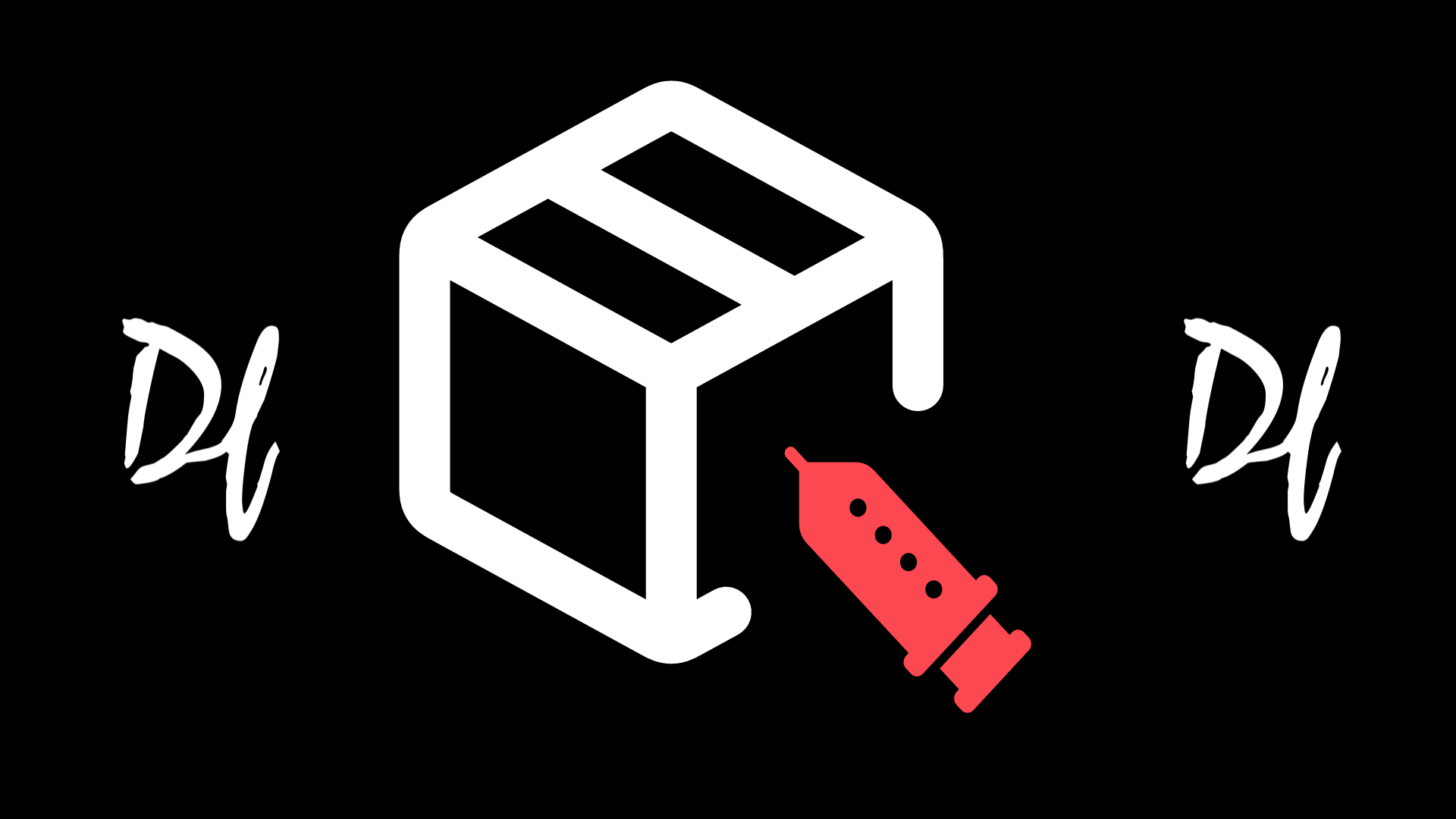
Artificial intelligence (AI) has revolutionized many aspects of our lives, and the field of software development is no exception. One of the most prominent AI models in this space is ChatGPT. While it has proven to be a powerful tool for generating human-like text, it has also shown a tendency to "hallucinate" or generate information that doesn't exist. This behavior has significant implications, especially when recommending software dependencies.

On December 7, 2021, the digital world experienced a significant disruption. Amazon Web Services (AWS), one of the world's most extensive cloud service providers, faced a substantial outage in its US-East-1 region. The impact was far-reaching, affecting numerous online services and applications, from popular streaming platforms to everyday services.
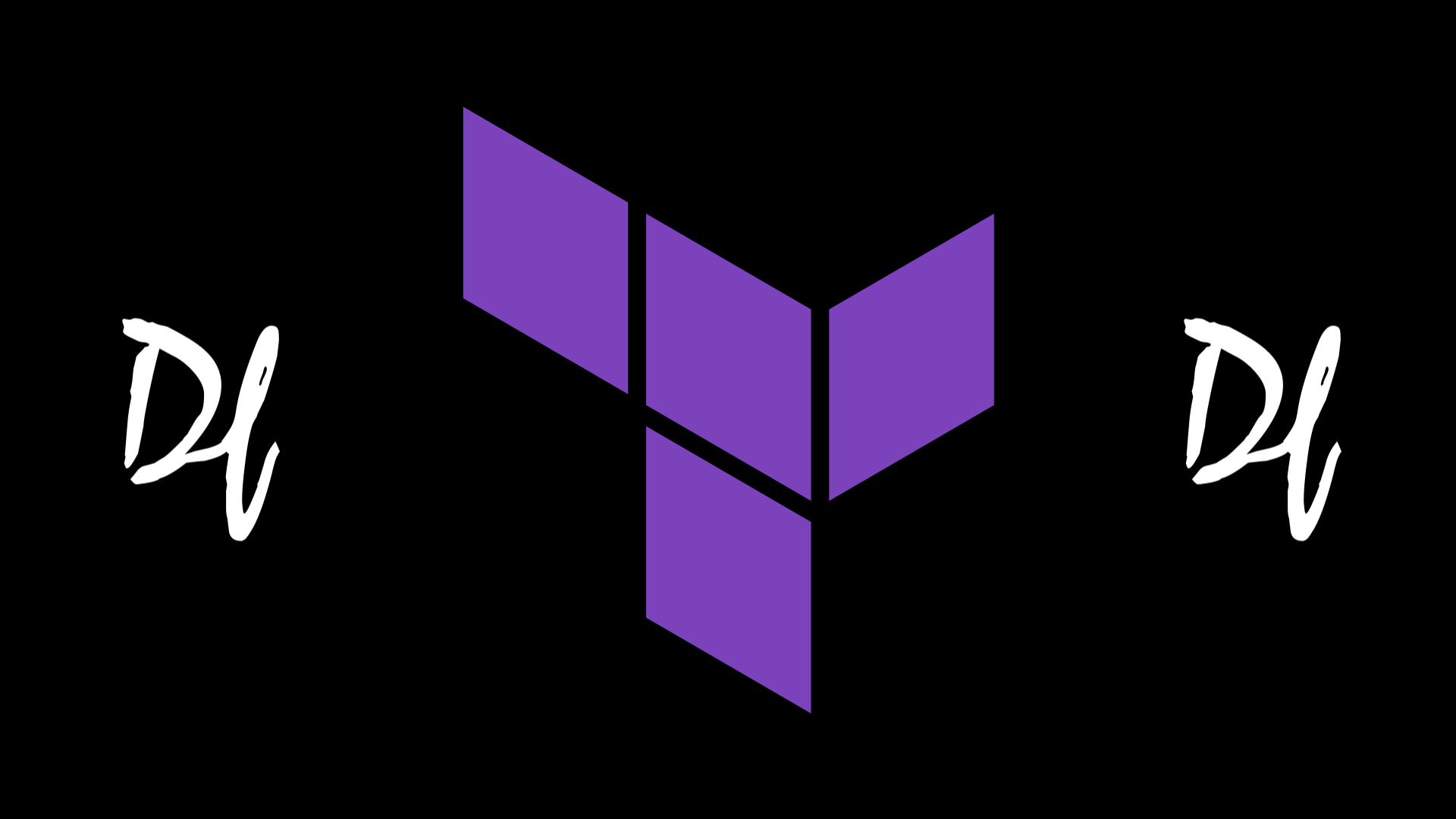
Terraform, a tool developed by HashiCorp, has revolutionized how developers deploy code. This open-source infrastructure as code (IaC) software tool enables developers to define and provide data center infrastructure using a declarative configuration language.
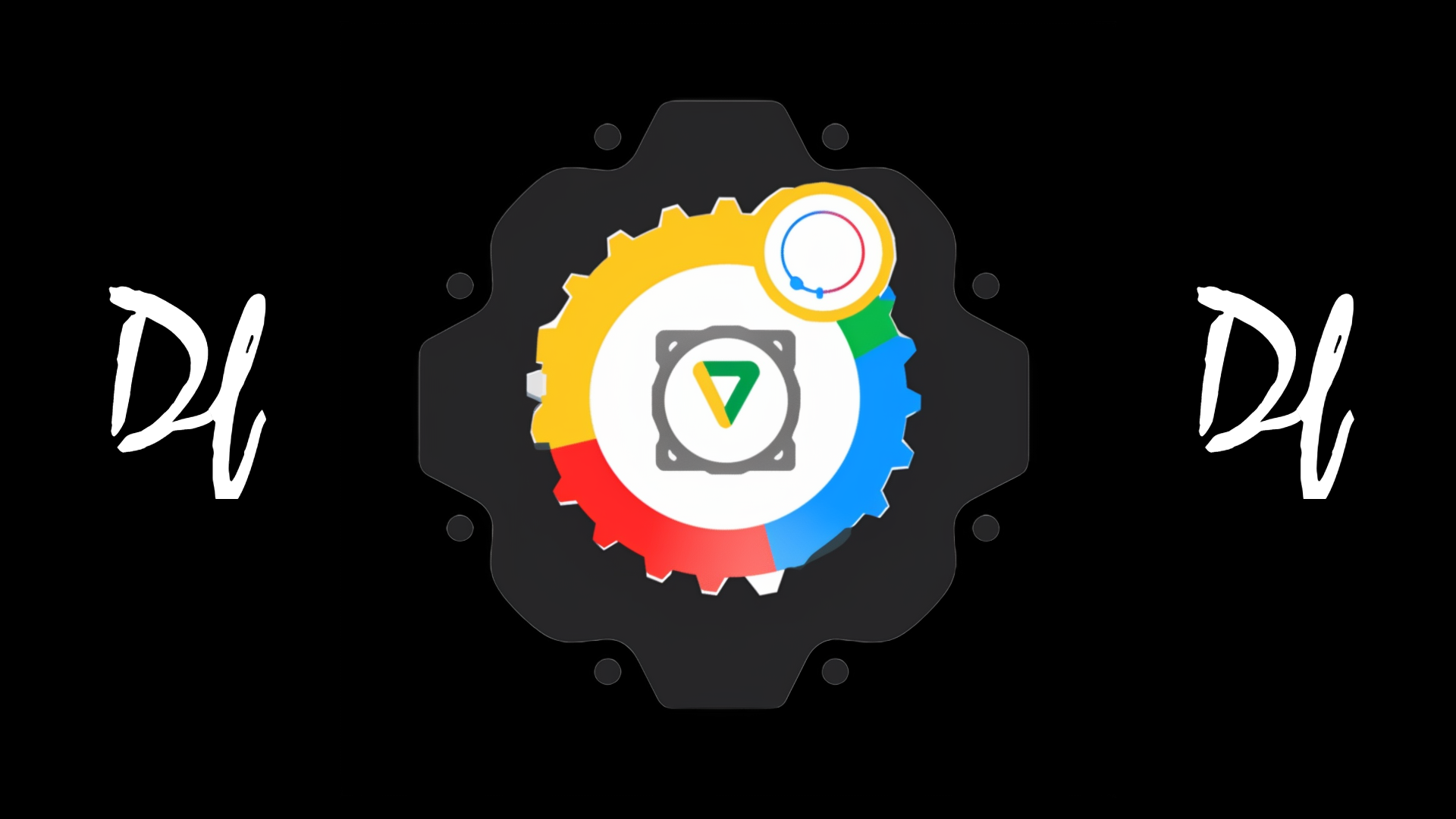
Imagine a world where artificial intelligence seamlessly integrates and enhances a tech organization's development, security, and operations. This is the world of DevSecAiOps, a hypothetical future role that could revolutionize how we approach technology.
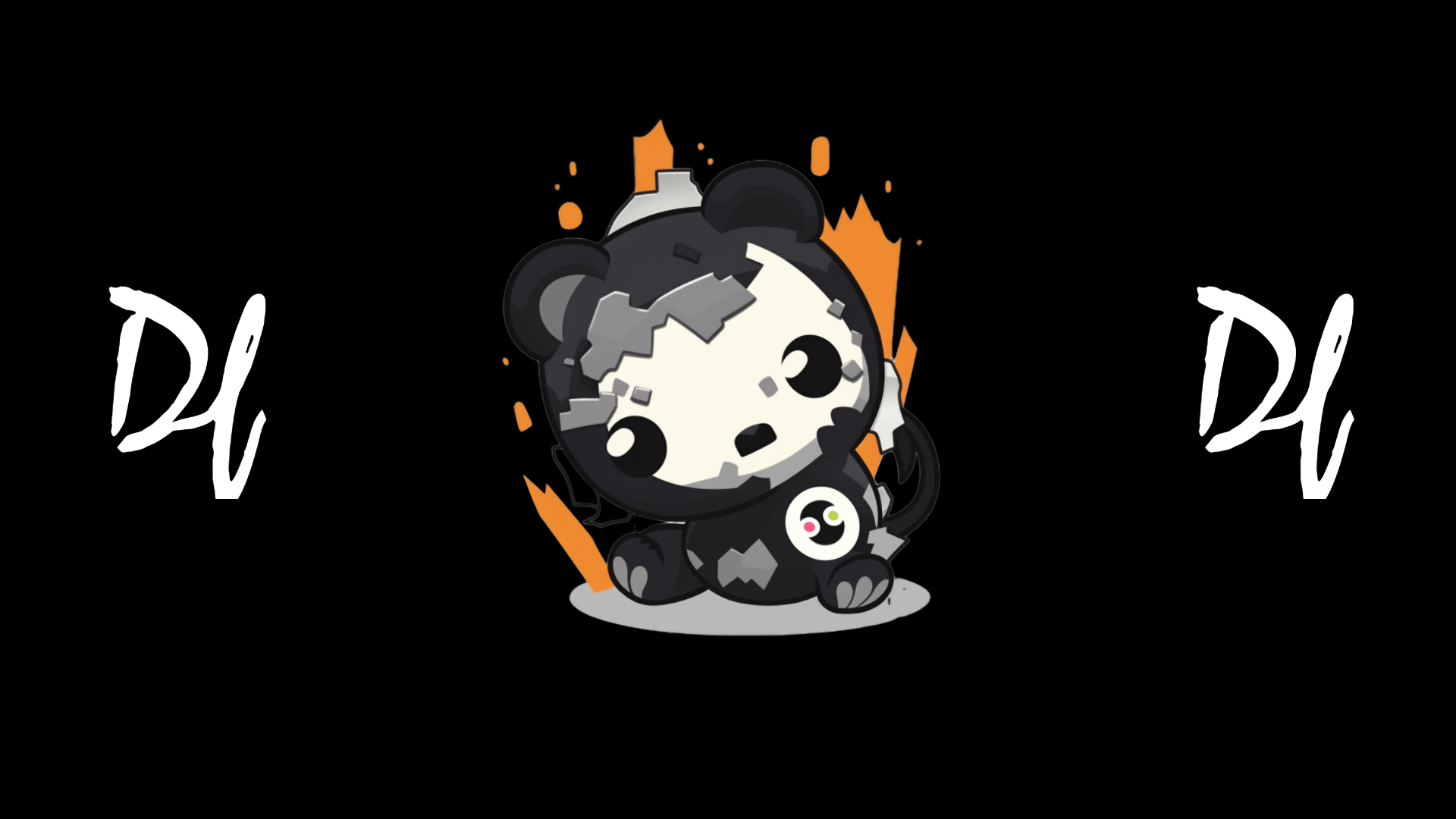
On October 21st, 2018, GitHub, the world's leading software development platform, experienced a significant operational mishap. During routine maintenance work on their East Coast network, connectivity to a hub was severed, creating a network partition between the East Coast data center and everything else. This incident led to GitHub losing half of its servers. Although the maintenance crew restored the connection in 43 seconds, GitHub experienced an additional 24 hours of service degradation. Users couldn't log in, stale data was served, and the website was read-only.
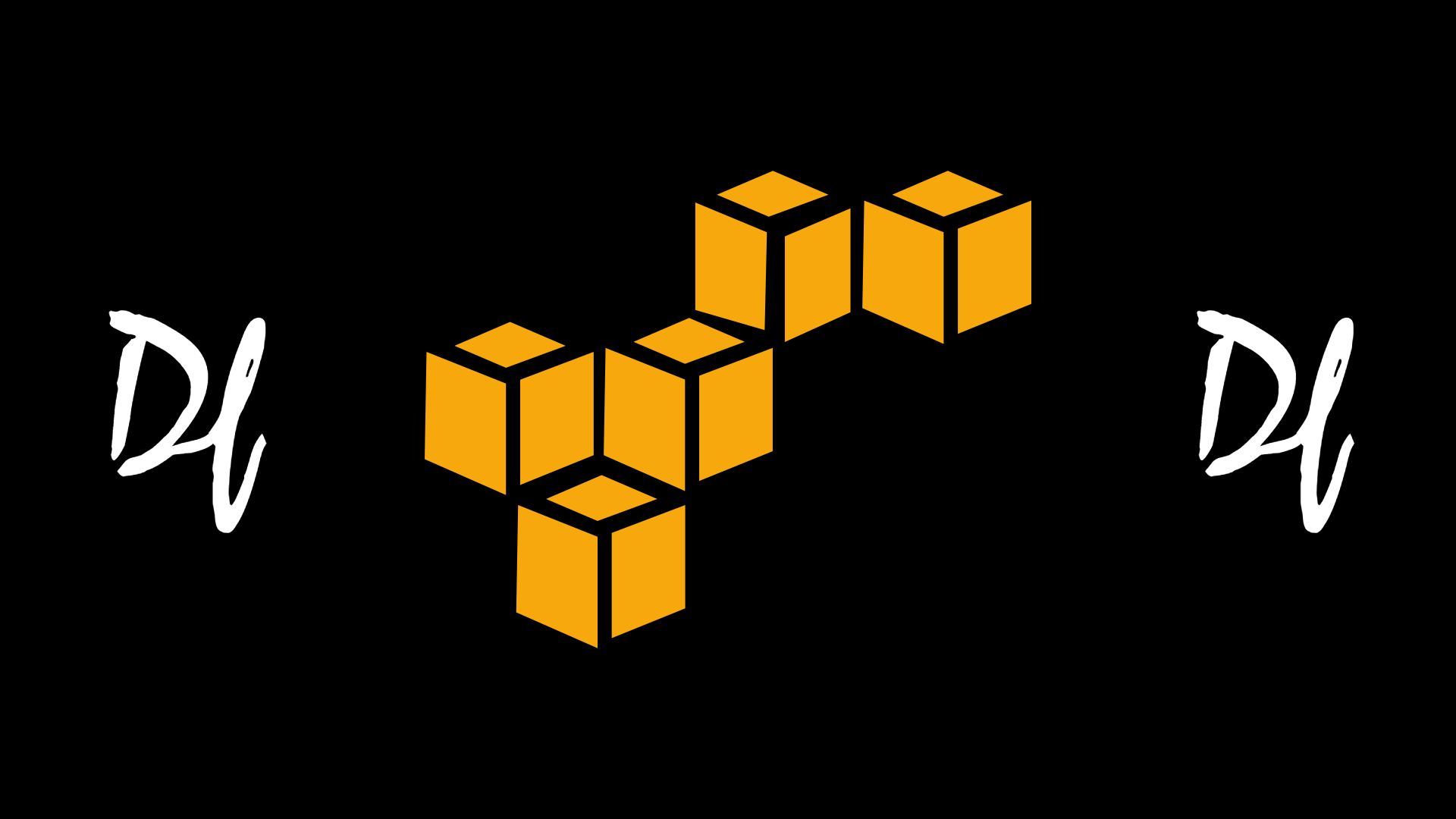
In 2019, Capital One, one of the largest banks in the US, experienced a massive data breach. A bank's cloud infrastructure vulnerability enabled a hacker to access sensitive data stored on the company's Amazon Web Services (AWS) cloud. This event exposed the personal information of over 100 million customers and credit card applicants.

Virtual Private Networks (VPNs) have long been the go-to solution for remote access and secure communication over the internet.
However, with the proliferation of cloud services, mobile devices, and the Internet of Things (IoT), traditional VPNs can no longer provide the level of security and flexibility that organizations need.
As a result, a new security model, known as Zero Trust, has emerged as a more effective way to protect networks and data.
Monitoring and logging are critical components of a successful DevOps strategy. They provide visibility into the health and performance of your systems, applications, and infrastructure, and help you identify and troubleshoot issues quickly.
Artificial intelligence (AI) and machine learning (ML) are rapidly becoming key tools for DevOps teams looking to optimize and automate their workflows.
These technologies can help DevOps teams make better decisions, reduce errors, and improve efficiency by automating tasks and analyzing large volumes of data.

Disaster recovery (DR) is an essential component of any DevOps strategy that ensures that your systems and applications are able to recover quickly and effectively from unexpected outages or failures.
By minimizing the impact of these outages on your business and your users, a well-planned and tested disaster recovery plan can help to protect your company's reputation and bottom line.